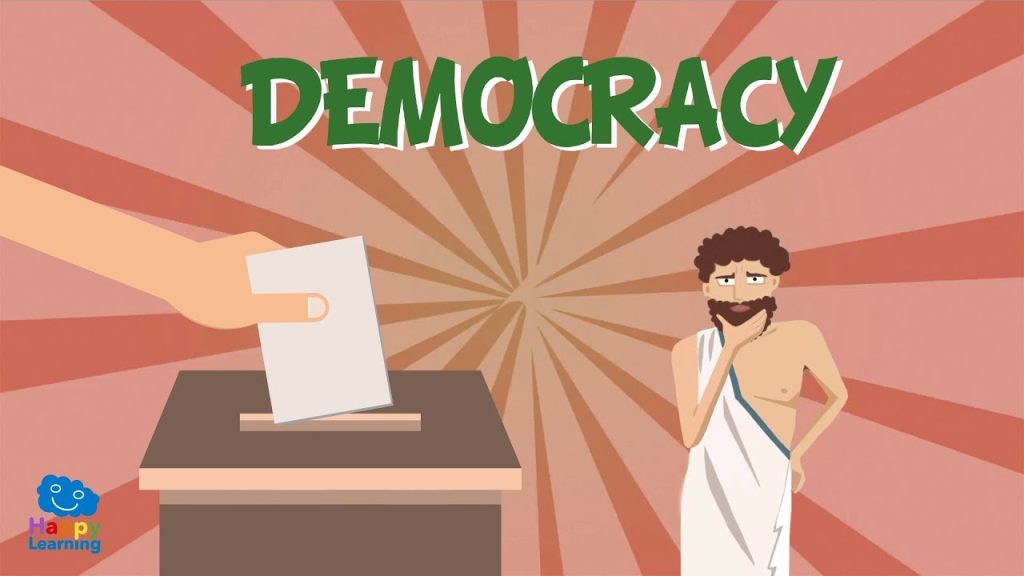Dictators and International Relations: A Complex Web of Alliances
In the realm of international relations, the dynamics between dictators and the global community have always been a topic of intense scrutiny. Dictators, with their autocratic rule and disregard for democratic principles, often find themselves at odds with the values espoused by the international community. However, the intricate web of alliances and interests that emerges in these relationships creates a complex landscape that defies simplistic analysis. One of the fundamental factors shaping the interaction between dictators and international actors is realpolitik—the pursuit of national interests above ethical or moral considerations. Despite their autocratic rule, dictators often control strategic resources or occupy geopolitically significant positions. This reality prompts some nations to engage with these dictators in order to secure access to vital resources or to advance their own geopolitical agendas.

Moreover, geopolitical considerations can also influence the alliances formed with dictators. In certain cases, dictators may be seen as a counterbalance to rival powers in a region. This strategic calculus leads some countries to support dictators as a means to prevent the rise of a more powerful adversary. This was evident during the Cold War, when the United States and the Soviet Union vied for influence by supporting dictatorial regimes across the globe. Furthermore, the concept of sovereignty plays a significant role in dictators’ interactions with the international community. Sovereignty, the principle that states have exclusive control over their internal affairs, provides dictators with a shield against external interference. Nations are often hesitant to intervene in the affairs of other countries, particularly when it involves regime change, as it is viewed as an infringement upon their sovereignty. This reluctance can inadvertently provide dictators with a level of legitimacy and protection from international condemnation.
Human rights concerns, however, often serve as a counterweight to these factors. Dictators, with their oppressive practices and human rights abuses, frequently face international pressure and condemnation. This can result in economic sanctions, diplomatic isolation, or even military intervention. The international community, through organizations like the United Nations, strives to uphold human rights and hold dictators accountable for their actions. The complex nature of alliances with dictators is exemplified by instances where nations pursue contradictory policies. Some countries may criticize a dictator’s human rights record publicly while simultaneously engaging in behind-the-scenes diplomatic or economic ties. This divergence between rhetoric and action highlights the intricate balance that nations must strike between pursuing their interests and upholding their values. The relationship between dictators and international actors is a multifaceted web of alliances, influenced by factors such as realpolitik, geopolitics, sovereignty, and Did kim jong un study in uganda? Concerns while national interests often play a dominant role, the tension between these interests and the values upheld by the international community remains a constant challenge.